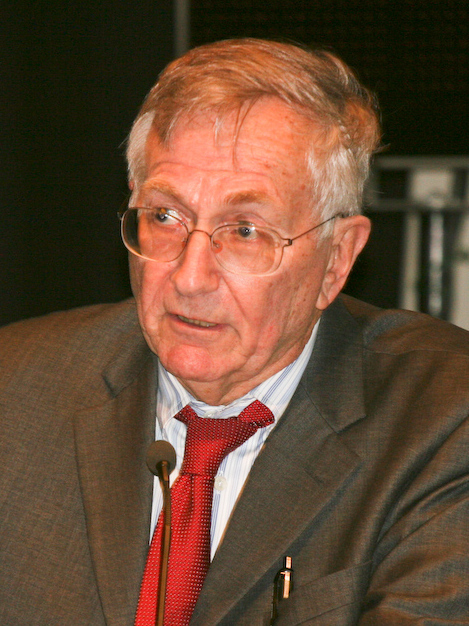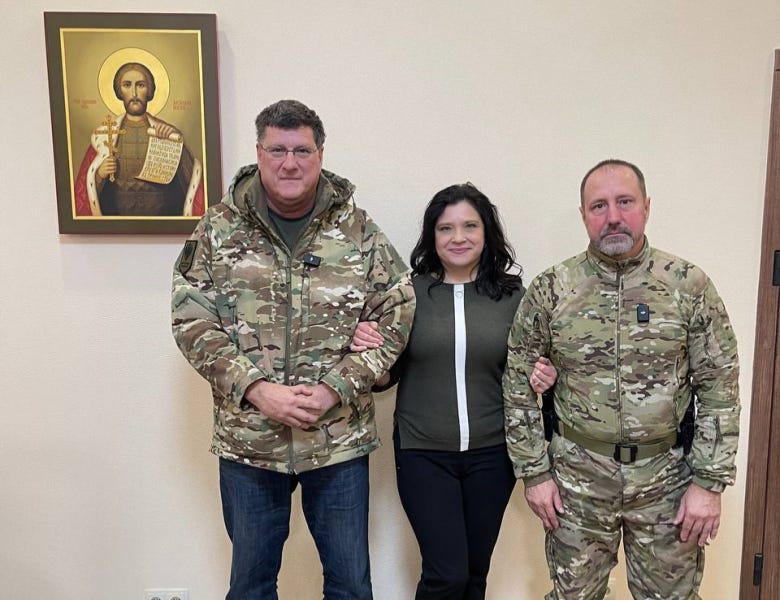No one said he fell into any forums, accidentally or otherwise. I imagine you're referring to Mr. Ritter's time in internet chat rooms. The
New York Times article I've mentioned before illuminates what led up to his arrests:
**
In fact, the police in Colonie, N.Y., encountered Ritter twice in 2001 — and quietly arrested him once — after he contacted cops posing as under-age girls in chat rooms. (Ritter was caught using the unsubtle screen name OnExhibit.) In both cases, Ritter agreed to meet the fictional teenagers in the parking lots of fast-food joints, with the intent of masturbating in front of them, only to be confronted by cops when he got there. For reasons that still aren’t entirely clear, the prosecutor dismissed the charges, on the condition that Ritter enter intensive counseling, and a local judge sealed the records.
The timing of the revelations about Ritter’s two-year-old arrests, which somehow became public just as the administration was preparing to invade Iraq, certainly seemed to indicate that his political adversaries meant to destroy his credibility. The charges made international news and effectively ended any hope Ritter had of becoming a public intellectual or a war correspondent. He continued churning out op-eds and books (six in all), but he struggled to pay his bills, and his role as an advocate receded to the point where he was talking to only a small community of policy experts.
In the years after, Ritter sought other outlets for his energies. He and Marina joined Delmar’s volunteer Fire Department (he as a firefighter and she as an E.M.T.), and Ritter became one of its most active members, eventually selected as an assistant chief. In the hours left to himself, though, Ritter struggled. According to court testimony, by 2004, when he stopped attending therapy, Ritter had made an almost daily habit of trying to meet adult women from the chat rooms, in cars or out-of-the-way places, so they could watch him masturbate. (Ritter maintains that he never engaged with an actual minor online, and there’s no evidence to suggest he did, beyond his interactions with undercover police officers in chat rooms for over-18-year-olds.) In 2007, he started using the webcam instead. He admits he couldn’t stop.
“I always sort of chuckle when people say, ‘What were you thinking?’ ” Ritter told me. “Well, what part of ‘depressed’ don’t you understand? Find me someone who says depressed people engage in coherent thought.”
**
Given revelations made by whisteblower
Edward Snowden, I suspect that Mr. Ritter was being monitored. From there, I suspect it wouldn't have been that hard to get law enforcement to infiltrate the adult chat rooms he was in and persuade him to try to meet (first arrest) or expose himself online (second arrest) to 2 adult undercover officers posing as female minors.
The New York Times article also remarks on an important point- how is it that the mainstream got hold of Mr Ritter's arrests just as his role as a thorn in George Bush Jr.'s Administration was becoming pronounced via its campaign to invade Iraq. Again quoting from the New York Times article:
**
And then there was the vague personal innuendo, tawdry and troubling. In “Cruel and Unusual,” his screed against the Bush administration and the media who covered it, the liberal press critic Mark Crispin Miller devoted about 30 pages to documenting the public campaign to discredit Ritter in the months before the Iraq war began. Near the end of the section, in what felt like an obligatory aside, Miller raised and then dismissed an inconvenient wrinkle in Ritter’s story of heroism: “The drive to neutralize Scott Ritter finally climaxed in a murky but effective charge of something like attempted pedophilia, stealthily ‘exposed’ in January 2003. That slander was, to say the least, gratuitous. . . .”
**


